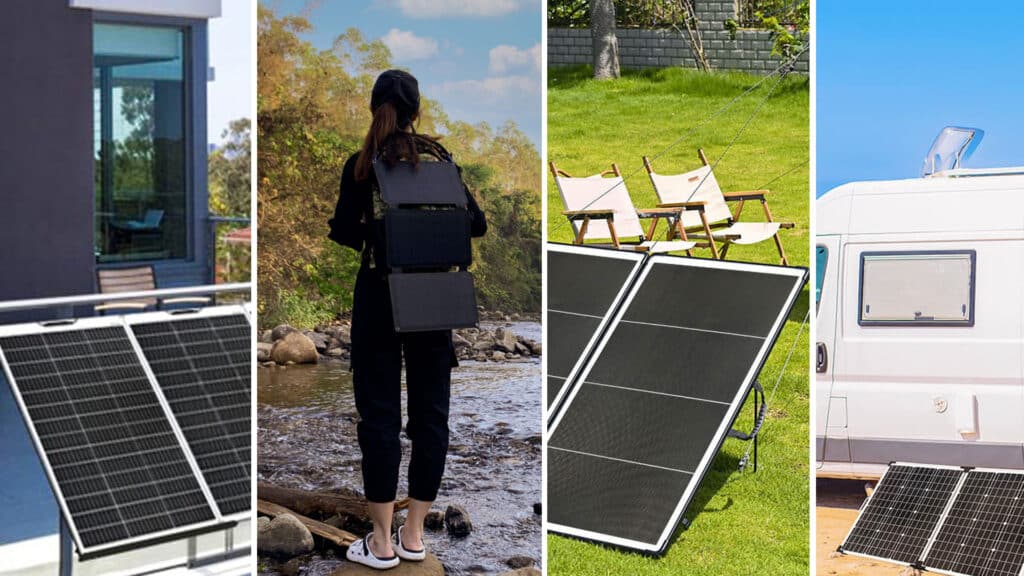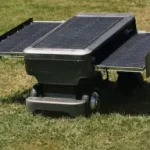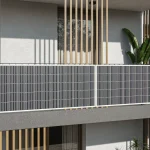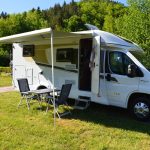In today’s world, staying connected is more important than ever. Whether you’re an avid adventurer, a preparedness-minded individual, or simply someone who appreciates sustainable technology, the question of whether a portable solar panel is worth the investment is common. This guide will break down the pros, cons, and essential considerations to help you decide if a portable solar panel is right for you.
The Allure of Off-Grid Power
The primary draw of portable solar panels is their ability to generate power in remote locations. Imagine camping under the stars, miles away from the nearest outlet, yet still being able to charge your phone, camera, or even a small laptop. This freedom is invaluable for:
- Outdoor Enthusiasts: Hikers, campers, kayakers, and other outdoor adventurers can rely on solar power to keep their essential devices running, ensuring safety and connectivity in the wilderness.
- Van Lifers and Overlanders: For those living on the road, portable solar panels offer a sustainable and cost-effective way to power their mobile homes.
- Emergency Preparedness: In a power outage, a portable solar panel can be a lifeline, providing power for communication devices, radios, and lights.
Beyond the Backcountry: Everyday Benefits
The benefits of portable solar panels extend beyond off-grid adventures. They can also be useful for:
Environmental Responsibility:
- Reduce your carbon footprint: By using solar energy, you’re directly decreasing your reliance on traditional electricity generated from fossil fuels. This helps lower greenhouse gas emissions and combats climate change. It’s a tangible way to contribute to a more sustainable future.
- Clean energy source: Solar power is a clean, renewable energy source. Unlike fossil fuels, it doesn’t produce harmful pollutants or contribute to air and water pollution.
Economic Advantages:
- Save money on electricity bills: While there’s an initial cost to purchase the solar panel and any necessary accessories (like a battery bank), you’ll essentially be generating free electricity from the sun. Over time, this can lead to significant savings on your electricity bills, especially if you frequently use devices that consume power.
- Long-term investment: Think of a portable solar panel as an investment in your energy independence. As electricity prices potentially rise, you’ll be less affected as you’re generating your own power.
Practicality and Convenience:
- Power during outages: Power outages can be disruptive and inconvenient. A portable solar panel can provide a reliable backup power source to keep essential devices like phones, lights, and radios running during emergencies. This can be crucial for communication and safety.
- Versatile use: Portable solar panels are not just for camping or hiking. They can be used in various situations:
- At home: Power small electronics, charge devices, or run lights during outages.
- In your car or RV: Keep your devices charged on road trips or power small appliances while camping.
- At outdoor events: Power lights, speakers, or other equipment at picnics, festivals, or tailgates.
- Portability: As the name suggests, these panels are designed to be easily transported. They are typically lightweight and foldable, making them easy to pack and carry wherever you go.
Independence and Self-Reliance:
- Off-grid capabilities: Portable solar panels provide a sense of independence by allowing you to generate your own power in remote locations where traditional electricity is not available. This is particularly valuable for outdoor enthusiasts who enjoy camping, hiking, or boating in off-grid areas.
- Peace of mind: Knowing you have a reliable backup power source can provide peace of mind in various situations, whether it’s a power outage at home or an extended trip in the wilderness.
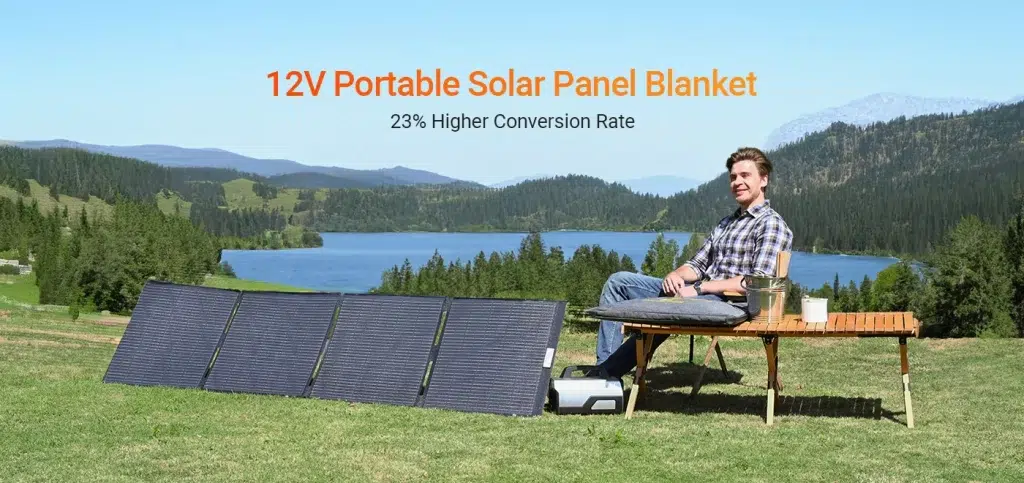
Factors to Consider Before You Buy
Before you rush out and buy a portable solar panel, there are several key factors to consider:
- Power Needs: Determine the wattage required to power your devices. This will help you choose a panel with the appropriate output. Consider the devices you intend to charge (phones, laptops, cameras, etc.) and their respective power requirements.
- Portability: Consider the size and weight of the panel. If you plan on backpacking, you’ll need a lightweight and compact option. Larger panels offer more power but are less portable.
- Efficiency: Look for panels with higher efficiency ratings, which indicate how effectively they convert sunlight into electricity.
- Durability: Choose a panel that is built to withstand the elements, especially if you plan on using it in rugged environments. Look for features like weatherproofing and sturdy construction.
- Cost: Portable solar panels range in price depending on their size, wattage, and features. Set a budget and compare different options to find the best value for your needs.
Matching the Panel to Your Needs
Choosing the right solar panel for your needs is crucial to ensure you have enough power without overburdening your equipment or wasting unnecessary energy. Different power outputs are suitable for different scenarios, and here’s a detailed guide to help you make the best choice.
Small panels (5W-20W) are ideal for charging smaller devices like smartphones, tablets, and small power banks. These panels are compact and lightweight, making them perfect for short hikes or day trips. Since they provide limited power, they are mainly used for emergency charging or small-scale energy supplementation. For example, if you’re on a short trip and only need to keep your phone charged or power a small battery, this type of panel is perfect. Small panels usually come with USB ports or built-in charging cables, making them very easy to use, ideal for activities that don’t require much power, and for lightweight travel.
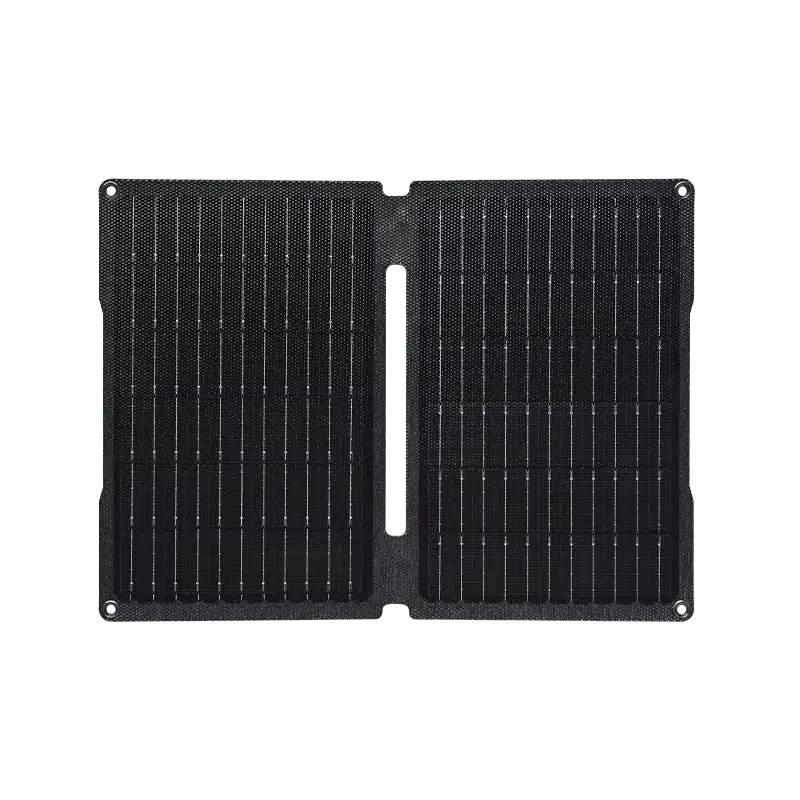
Medium panels (20W-100W) offer more power than small solar panels, making them suitable for charging devices with higher power demands like laptops, cameras, and larger power banks. These panels are perfect for camping, longer hikes, or van life, especially when you’re away from electricity for extended periods. If you’re planning a few days of outdoor travel and need to charge multiple devices or run small appliances, medium panels will meet those needs. Although they are larger and heavier than small panels, they are still portable enough for outdoor activities. They are a great choice if you need to charge most of your everyday electronics or power portable fridges.
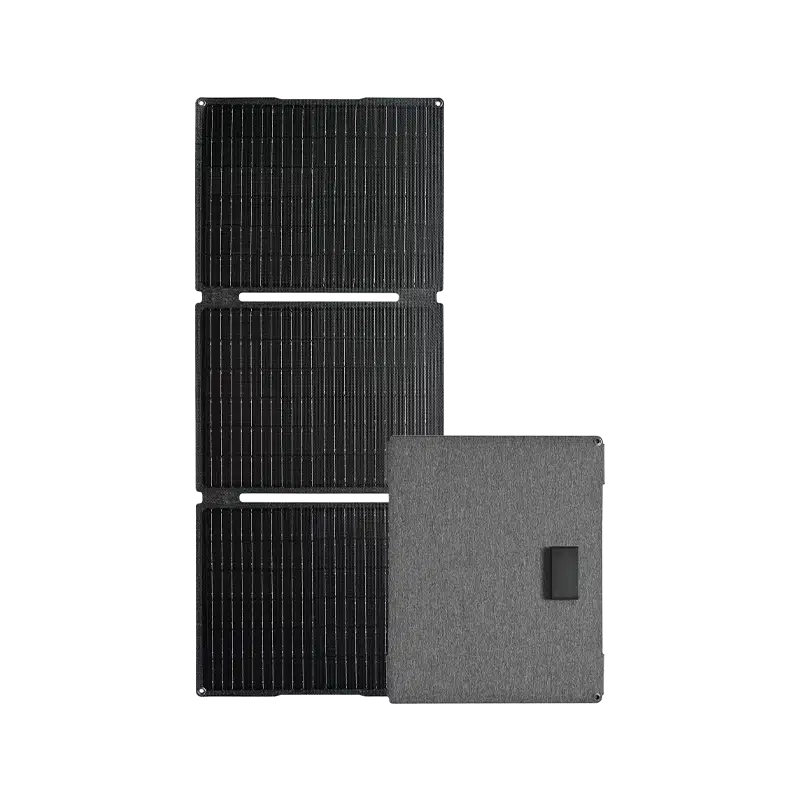
Large panels (100W+) are designed for high power needs and can charge multiple devices simultaneously, even running small appliances like mini-fridges and fans. These panels are ideal for extended off-grid trips, emergency preparedness, or situations where you need to power multiple devices for long periods. If you plan on living off-grid for an extended period or need power for a variety of appliances, large panels are the best option. They can support various devices and provide a continuous power supply. However, they are larger and bulkier, making them less portable but providing a reliable solution for high power demands, especially in long-term or high-efficiency power usage scenarios.
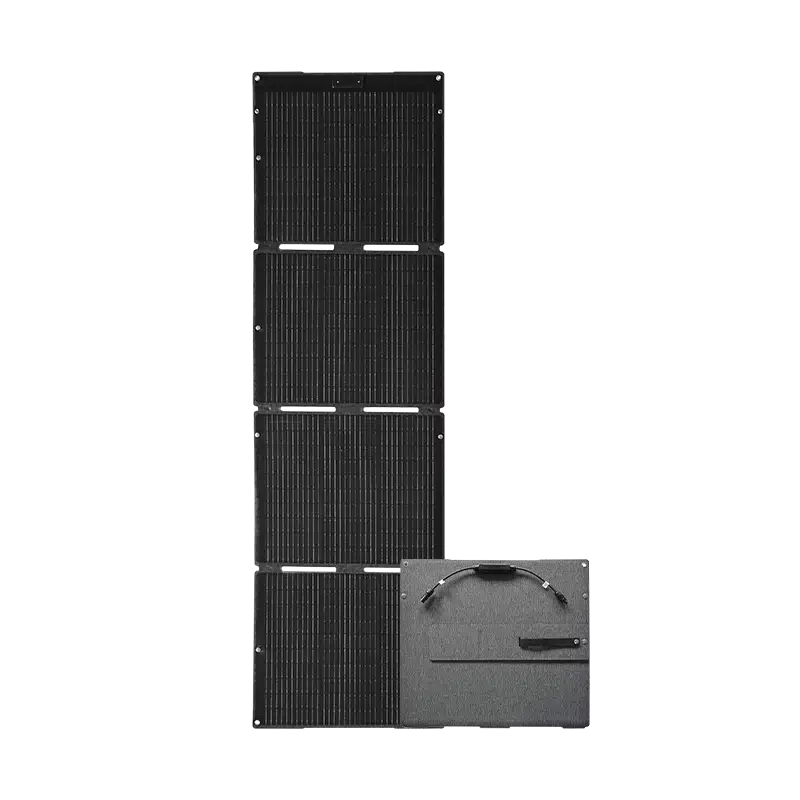
The Verdict: Is It Worth It?
For those who frequently spend time off-grid, prioritize sustainability, or value preparedness, a portable solar panel is undoubtedly a worthwhile investment. However, if you rarely leave urban areas and have consistent access to power, the benefits may be less significant. By carefully considering your needs and the factors outlined above, you can make an informed decision and choose the right portable solar panel to power your adventures.


